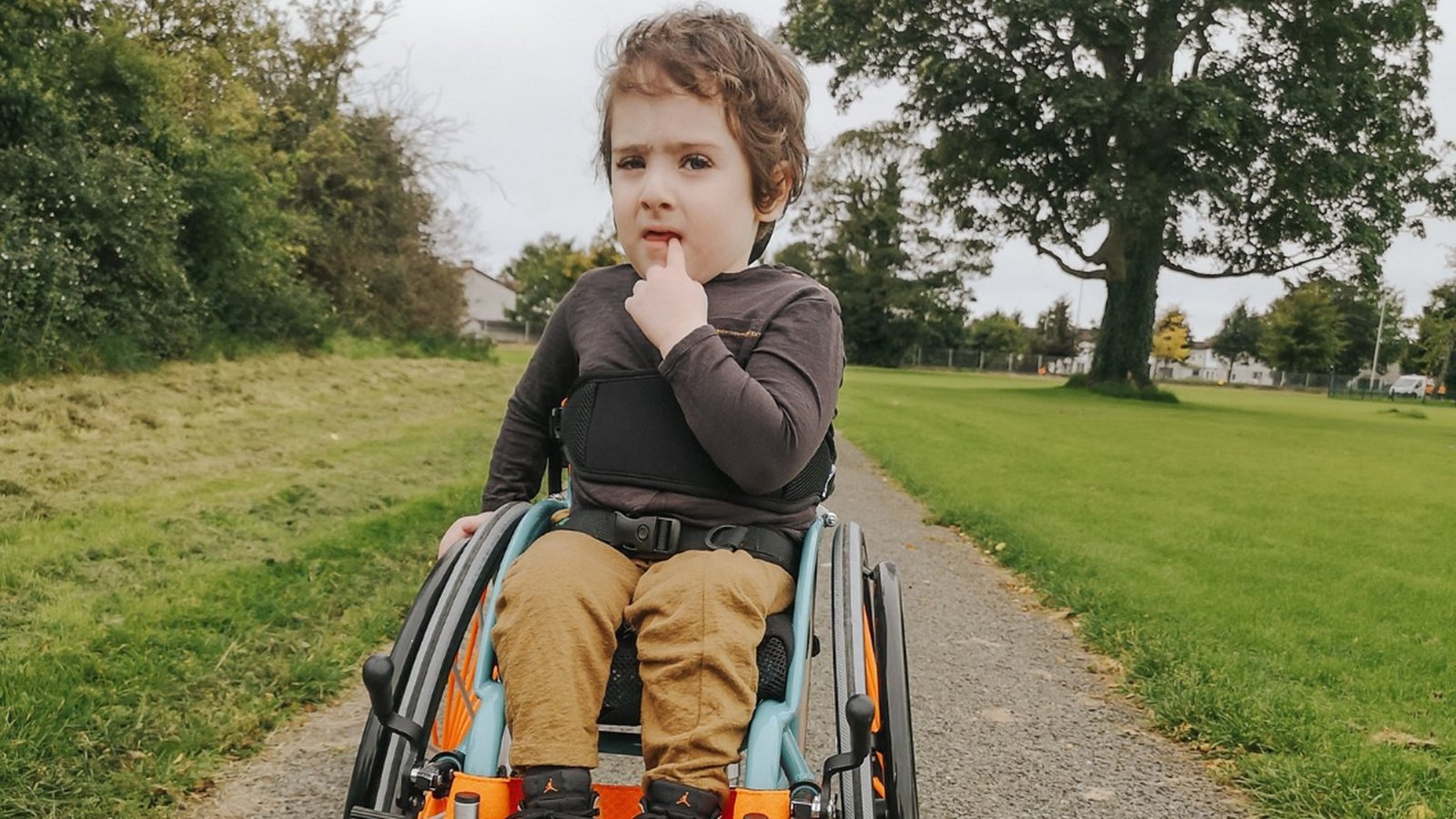Minister for Health Jennifer Carroll MacNeill is expected to bring a memo to the Cabinet recommending the establishment of a statutory public model of inquiry into the care provided to children with scoliosis and spina bifida.
The development follows a meeting last week between Tánaiste Simon Harris, Ms Carroll MacNeill and the parents of Harvey Morrison and relevant advocacy groups.
Harvey, who was from Clondalkin in Dublin, had spina bifida and scoliosis.
He was nine years old when he died in July.
He had waited a number of years for spinal surgery and was first placed on the waiting list in February 2022.
It is expected Minister Carroll MacNeill will tell her ministerial colleagues that a considerable body of work will be required to bring the inquiry to fruition, and a facilitator should be appointed to scope the content of potential terms of reference, in collaboration with stakeholders.
After the meeting last week, Harvey’s mother, Gillian Sherratt, said the Government has agreed in principle to a statutory public inquiry which will look at Harvey’s case and how other children with spina bifida and scoliosis have been dealt with.
Earlier this month, a newspaper reported claims that Harvey was taken off a surgery waiting list, because Children’s Health Ireland (CHI) believed he was a palliative patient.
The Sunday Times said the claims were made by a whistleblower within CHI in a Protected Disclosure which is currently under investigation.
The co-lead of the Spina Bifida and Hydrocephalus Paediatric Advocacy Group said any statutory inquiry must have an in depth look at the overall care given to these children.
Speaking on RTÉ’s Morning Ireland, Úna Keightley said significant amounts of money have been invested into these services over the last number of years, but there have not been corresponding increased levels of activity in them
Additionally the deaths of children living with scoliosis and spina bifida must be investigated to see if their deaths were linked to delayed care or post-operative complications or infections, she said.
Ms Keightley said any tribunal must also include compellability of persons and documents and that a full public tribunal inquiry is essential in order for all the questions to be answered.
“Unless it’s a tribunal, we’ll have a very narrow scope, and some parts of the publications can be redacted, and the control of the whole tribunal must be outside of government”, she said, adding that most important voice is that of the child’s.

